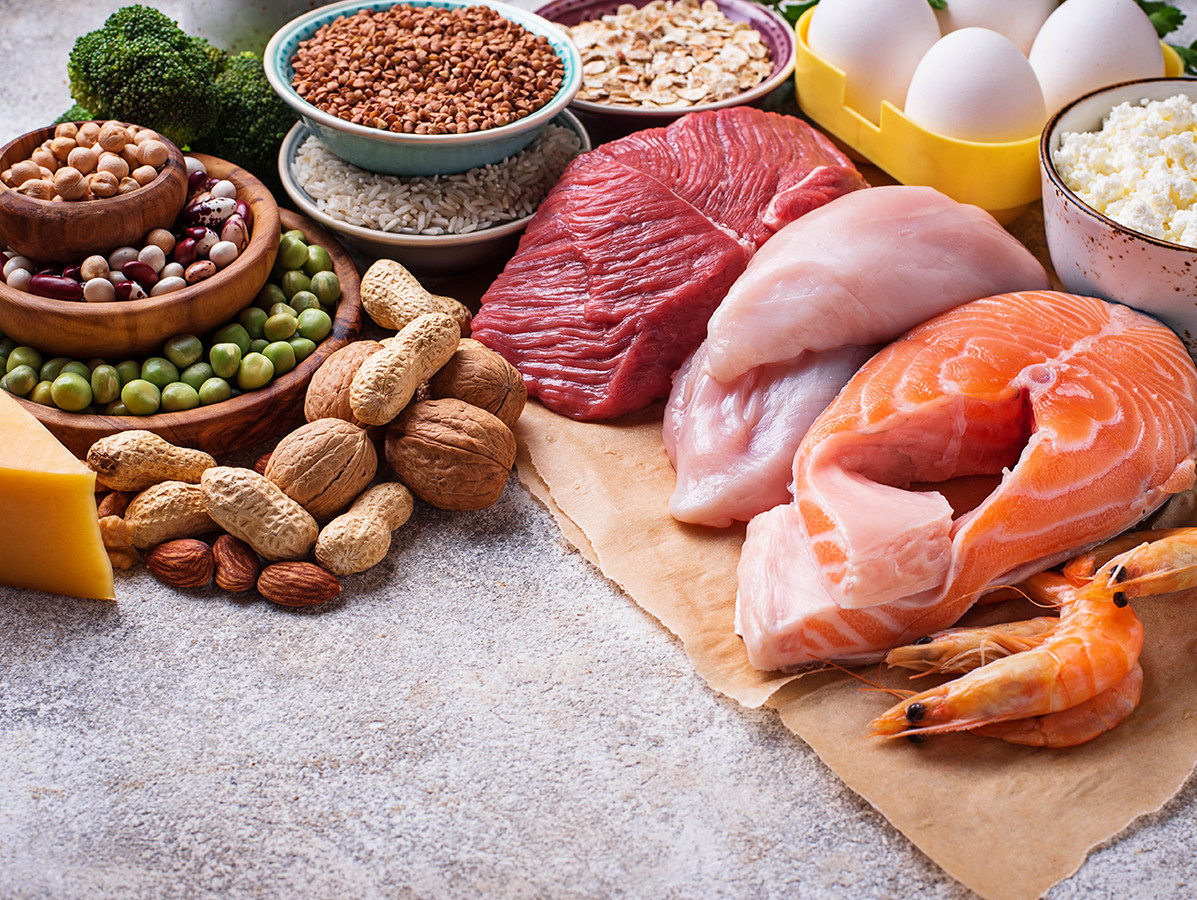
The COVID-19 pandemic has a large and decisive impact on public health, and generates major consequences for social relationships, economic development and food systems. Ivo Demmers and Ruerd Ruben of Wageningen University & Research discuss four aspects of the food system that are most important in outlining the consequences of COVID-19.
In the short run, agricultural production is mostly constrained by declining demand. in the medium run also access to key input (seeds, fertilizers and pesticides) and rural credit might equally become a limiting factor. Food safety and specifically the thread of zoonotic diseases will influence the design of production systems.
After the COVID-19 pandemic, interest in shorter supply chains and national food security is increasing. Some supply chains are fully shifted towards emergency provision of key medical supplies. Local provision of “critical” products might include medical supplies, health care equipment, and basic food. This has important implications for the costs of food, since countries might refrain from their comparative advantage for specializing in large-scale production. Another major challenge refers to the possibilities for maintaining stable food prices for poor consumers. For local wet markets that provide the poorest consumers with access to basic foods and rely heavily on informal social networks, it becomes important to guarantee food safety requirements and improve their internal spatial organization.
The corona pandemic involves important changes in food consumption patterns and diet choices. Sales of (semi-)processed and storable foods strongly increase, and preferences for fresh and healthy fruits and vegetables are rising as well. Intake of animal products is stagnating due to food safety concerns. Awareness of the benefits of a healthier diet and lifestyle might also be raised by reports of higher level of casualties due to COVID-19 amongst people suffering from obesity.
In many countries the government is taking a leading role for mitigating COVID-19 impact. This starts with centralized health care services, and is rapidly extended towards the provision of unemployment subsidies (cash vouchers) and transitory business credit facilities. Since this crisis is not originating in the real economy, public demand stimulation and company cash support are used to reduce spill-over effects.
It is clear that the COVID-19 pandemic raises attention for many important challenges for agri-food systems in different parts of the world. It is still rather unclear, however, whether this will lead to accelerated structural changes or a marginal adaptation to a “new normal”.
Source: © WUR